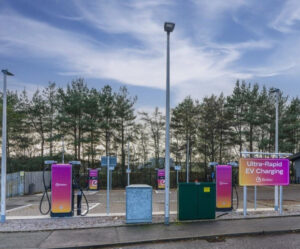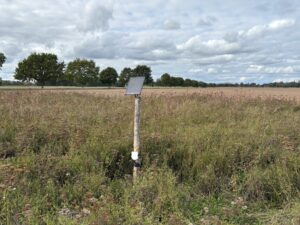Rural areas are less able to reduce their carbon emissions due to a lack of funding and poor transport links, according to a report published by UK100.
According to the report, people living in rural and sparsely populated regions are more likely to have to travel for work and are more inclined to use their own cars because the public transport services aren’t good enough.
These findings were backed by a poll which revealed that the public thinks rural areas are not the main focus for MPs when it comes to climate change.
The poll found that 81% of people living in rural areas believe the same level of investment should be applied to rural areas as it is to urban areas.
The report also states that rural local authorities need to be at the ‘forefront of national action to deliver net-zero.’
Based on these findings, the authors urge the government to take the following steps to make sure that rural communities are not left behind when it comes to climate change:
• Government policy must be delivered in a way to ensure that no area is disadvantaged
• Economic appraisal of rural infrastructure projects should counter the inherent disadvantage of sparser populations
• Solutions to rural transport and connectivity needs should be prioritised and funded by the government
• Locally-specific solutions to help private homeowners upgrade the energy performance of homes must be introduced
• Ensure rural local authorities are involved as key partners in finding solutions in agriculture and land use
The authors state: ‘There will be more areas of land given over to woodland, nature and renewable energy. But people who live in rural areas will see a noticeable improvement in their lives.
‘They will be less reliant on cars, have warmer homes that are cheaper to heat, and have access to jobs and services locally or easily online.
‘Delivering net-zero will level up rural areas and provide co-benefits in jobs, opportunities for enterprise, health, leisure and recreation, nature recovery and biodiversity, food and climate resilience.’
Photo Credit – Pixabay















